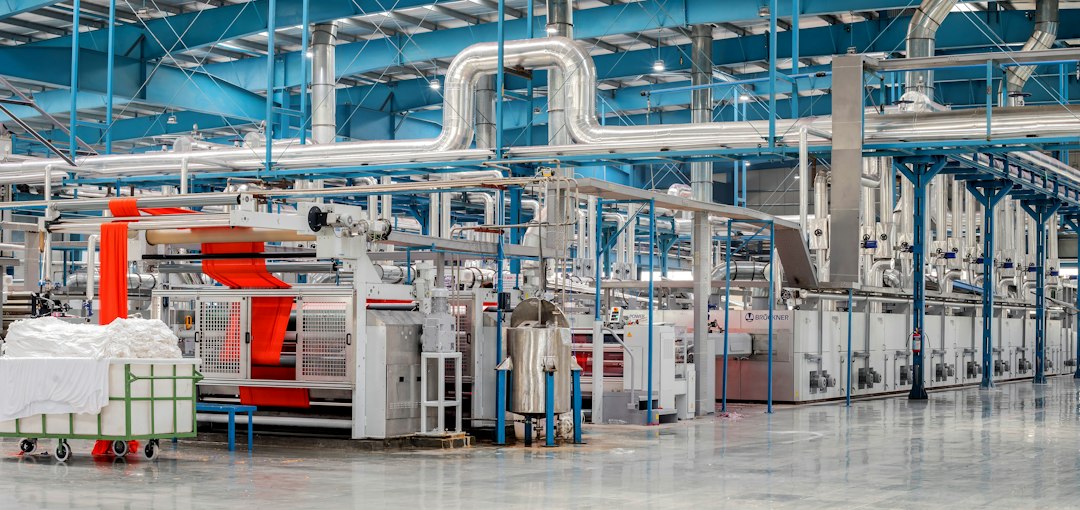The Impact of IoT in Manufacturing: Creating Smart Factories
In recent years, the Internet of Things (IoT) has become one of the most prominent and transformative technologies across various industries. Manufacturing, in particular, has seen a significant impact from the implementation of IoT, creating a new era known as the age of smart factories.
So, what exactly is IoT, and how is it revolutionizing the manufacturing industry? IoT refers to the connection of multiple physical devices to the internet, enabling them to communicate and share data with each other. This connectivity allows for the transfer of real-time information, leading to enhanced decision-making, efficiency, and productivity in manufacturing processes.
One of the key benefits of IoT in manufacturing is the ability to gather and analyze massive amounts of data. Connected machines can continuously collect data on various parameters, such as temperature, pressure, vibration, and production metrics. This data can then be analyzed using advanced analytics techniques to gain valuable insights into the performance and efficiency of manufacturing operations.
By utilizing these insights, manufacturers can optimize their processes, reduce downtime, and improve overall productivity. For instance, a sensor embedded in a production line can detect anomalies or signs of wear and tear, triggering maintenance alerts. This proactive maintenance approach eliminates unexpected equipment breakdowns, reduces costly downtime, and ensures optimal performance.
Moreover, IoT integration enables manufacturers to monitor their supply chains in real-time. By tracking raw materials, work-in-progress, and finished goods throughout the entire production line, manufacturers gain complete visibility and control over their operations. This level of transparency eliminates delays and bottlenecks, optimizing production schedules and ensuring on-time delivery to customers.
The introduction of IoT in manufacturing has led to the creation of interconnected and intelligent systems within factories, giving rise to smart factories. These smart factories leverage real-time data to communicate and coordinate seamlessly across different functions, departments, and even between different factories. This integration leads to improved synchronization of operations, reducing wastage, and increasing overall efficiency.
Furthermore, IoT-powered smart factories have the potential to revolutionize the concept of mass customization. Traditionally, mass production has focused on producing large quantities of standardized products. With IoT, however, manufacturers can collect customer data and preferences to tailor products on an individual level. This customization can be achieved without compromising efficiency or incurring significant costs, thanks to the real-time data and automated processes enabled by IoT.
Another significant impact of IoT in manufacturing is the enabling of predictive analytics. By analyzing historical data and patterns, IoT systems can predict potential failures or inefficiencies in the production line. This proactive approach allows manufacturers to take preventive actions, optimize processes, and ultimately improve product quality.
Despite the numerous benefits, the adoption of IoT in manufacturing does come with some challenges. One of the primary concerns is the security of data and connected devices. With an increasing number of connected devices, manufacturers need to ensure that adequate measures are in place to protect confidential and sensitive information from cyber threats.
In conclusion, the impact of IoT in manufacturing has been transformative, resulting in the creation of smart factories. The ability to gather, analyze, and leverage real-time data has revolutionized traditional manufacturing processes, leading to improved efficiency, productivity, and customization capabilities. However, it is crucial for manufacturers to address security concerns and invest in robust infrastructure to fully realize the potential of IoT in the manufacturing industry.

